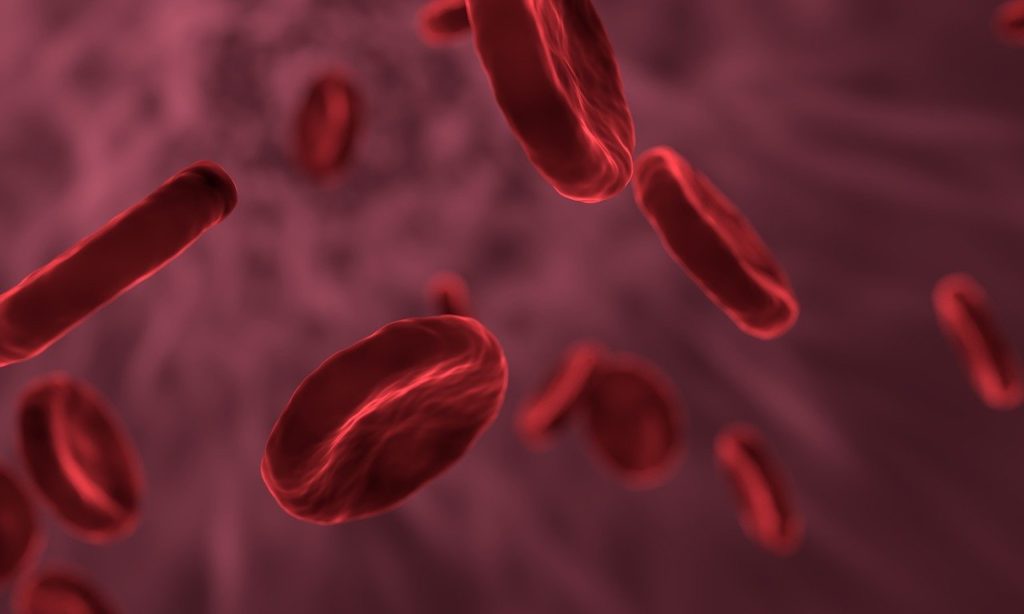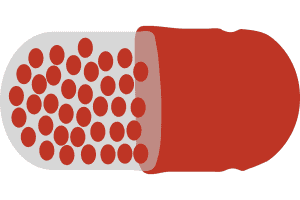The Study
This study took place between May and December of 2002. It included 11 patients (5 women and 6 men) diagnosed with PNH (at least 6 months before the start of the trial) who were transfusion-dependent. Each received 600mg of eculizumab each week for 4 weeks. Then, they were given a dose of 900 mg. After that, they were given 900mg every other week until the 12th week of the trial.
Safety of the therapy was assessed with AEs, lab tests such as CBCs and electrocardiography.
Markers of hemolysis were measured frequently during all 12 weeks with both clinical and biochemical measures.
The research team found that-
- Average lactate dehydrogenase levels were reduced (3111 IU/L to 594 IU/L)
- Average % of PNH type 3 erythrocytes grew (36.7% to 59.2% of the total erythrocyte population)
- Average transfusion rates were reduced (2.1 units to 1.8 units each month)
- Median transfusion rates were reduced (.6 units to .0 units each month)
- Hemoglobinuria episodes reduced 96%
- Quality of life improved for patients
All of the patients continued into a 12 month extension study. The most common adverse events included upper respiratory infection, headache, nausea, dizziness, congestion, joint aches, and flu like symptoms. None were associated with the therapy.
Two patients did face serious AEs. These were a viral chest infection and an episode of dizziness, leading to hospitalization. Following infusions for these patients proceeded safely.
Conclusions
In conclusion, eculizumab was found to be safe and tolerated for PNH patients. It reduced patient’s need for transfusions, it reduced intravascular hemolysis, and it reduced hemoglobinuria. It also significantly improved patient’s quality of life.
The researchers explain that this study has shown the potential of this therapy to increase survival and outcomes for PNH patients.








